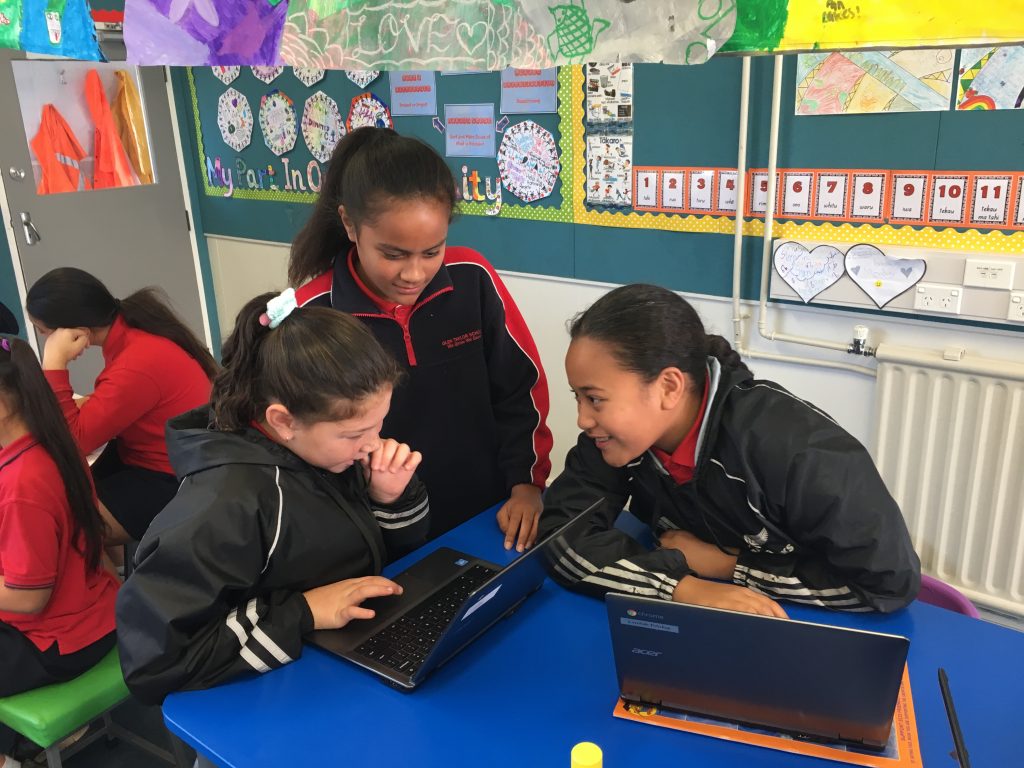 The overarching hypothesis of the project is that cognitive and social development will have characteristics specific to the “21st century” digital world. It is our goal to identify what influences the timing and quality of six specific cognitive and social skills: in other words, how participation in the digital world at a certain age and with certain conditions can influence a child’s cognitive and social development. The three objectives of the study are:
The overarching hypothesis of the project is that cognitive and social development will have characteristics specific to the “21st century” digital world. It is our goal to identify what influences the timing and quality of six specific cognitive and social skills: in other words, how participation in the digital world at a certain age and with certain conditions can influence a child’s cognitive and social development. The three objectives of the study are:
To understand the development and learning of 21st century skills in children and adolescents;
To understand how we can prevent new digital environments opening up a second “digital divide” between low socio-economic status or diverse cultural and linguistic communities, from more affluent “mainstream” communities;
To understand how development of these skills differs between educational environments. The study surveys “early adopting” clusters of schools, in which students are exposed to high-usage digital environments in and out-of-school, as well as “later adopting” clusters whose students are at the initial stages of digital interaction. The Developing in Digital Worlds study also includes Māori medium kura, which is in line with the Ministry of Business, Employment and Innovation’s Vision Mātauranga policy.
